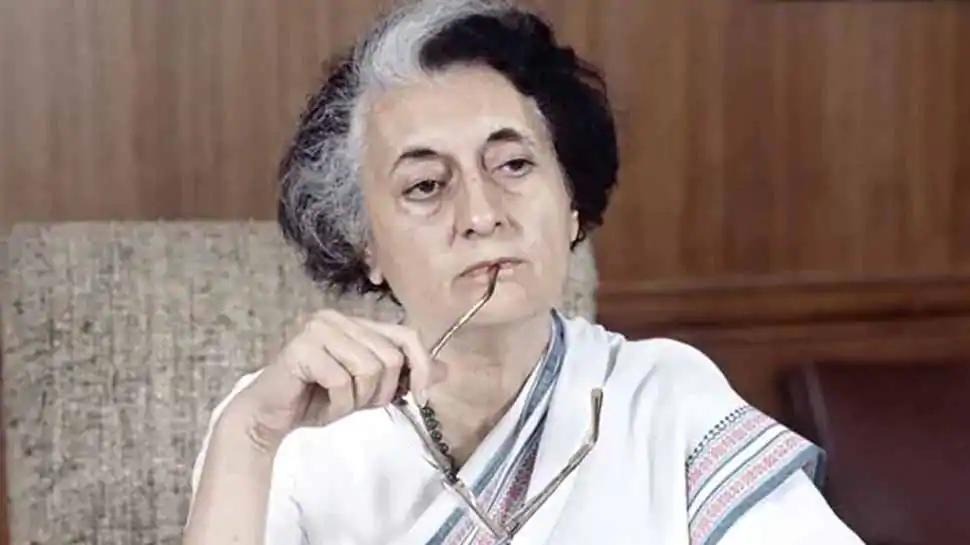
A figure subject to both widespread admiration and condemnation, Indira Priyadarshini Gandhi lived and died in service to her country. The first and only woman prime minister of India to date, she served nearly sixteen years in that role, with her career—and life—ending when she was assassinated by her own bodyguards. While her career was marred by political tumult and sectarian violence, she is ultimately remembered as a woman unafraid to take decisive action in the face of serious challenges.
Born Indira Nehru on November 19, 1917 in Allahabad, Uttar Pradesh, she was the daughter of independence activists Kamala and Jawaharlal Nehru. She spent her early life alternately furthering her education and assisting her ailing mother, postponing her academic career in order to flee Europe during World War II. Returning home, she went on to assist her father during his time as the first prime minister of India, was elected president of the Congress in the late 1950s, and continued to advance in politics after her father’s death in 1964.
In 1966 she became the first woman elected to the office of prime minister in India. While her supporting political party viewed her as a mere figurehead who could be easily controlled, they vastly underestimated her capabilities and Gandhi firmly established herself as a powerful leader unafraid to steer her own course. Political turmoil roiled her first term, with social unrest spreading throughout the country as a result of economic conditions and sectarian strife. Her efforts to fight poverty and nationalize banks ensured food security for the Indian people and cushioned the nation from the worst of the ongoing global recession, resulting in her reelection for a second term in 1971.
In spite of her efforts to connect with citizens living in poverty, challenges to her political power continued, with allegations of major electoral malpractice undermining her authority and resulting in Gandhi declaring a state of emergency in 1975. She began ruling by decree, giving police expanded power to jail political opponents and subjecting Indian news media to widespread censorship. This controversial move resulted in her being voted out of office in 1977, though she again won the role of prime minister in 1980, continuing to serve for nearly four more years until her assassination in 1984.
Though her career was filled with controversial actions and hard decisions, Indira Gandhi devoted a lifetime to serving the Indian people. Opponents found that she was a woman with far more depth and power than they could have imagined, often to their detriment. While her leadership has drawn equal measures of veneration and censure among historians, her legacy of service is continued by the countless educational and social institutions bearing her name.
